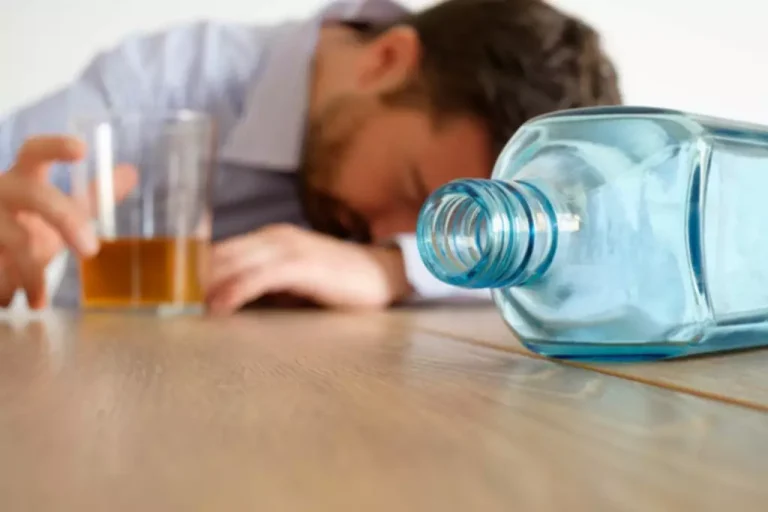The Meaning of Spiritual Malady

Alcohol and drug addiction is often seen as a disease that affects the mind and body. However, addiction also affects the spirit, hence the term spiritual malady. The idea is that what goes on in a person’s life when they become addicted is more than an uncontrollable desire to drink. Instead, it comes from a deeper, spiritual place.
Typically, addicts cannot control their urge to drink or abuse other substances. Over time, the desire becomes so overwhelming that it completely controls how they live. This is because the disease begins inwardly.
Therefore, to achieve full recovery, you must overcome addiction’s physical, mental, and spiritual effects. And it begins by understanding what spiritual sickness really is.
What is Spiritual Malady
If you attend AA meetings or are familiar with the 12-step path, you have most likely heard of spiritual malady. The Big Book, which is the guide for AA meetings and discussions, explains spiritual sickness as why addiction is unmanageable and hopeless in most people. It is what stands between addicts and their journey to sober living.
In simple words, a spiritual malady is the feeling of emptiness or vacuum. People often describe it as “knowing or feeling that something is missing.” Usually, people try to feel this void with alcohol or other substances. Everyone experiences it on some level at different points in their lives. It can be captured in the moments before you reach the comfort of a hobby or a beloved one. Addicts experience it in the moments before they take a drink or drugs.
The void often erupts feelings of sadness and loneliness. So, we often turn to small pleasures in our attempt to fill up the empty space and feel whole. For instance, having a drink or two or indulging in unhealthy meals could give you brief satisfaction. But, after a while, the happiness will fade, and you will go back to feeling that void. In turn, you will keep indulging in more drinks or food or drugs, just to distract yourself from the hopeless feeling.
The Big book also describes some symptoms of spiritual sickness as:
- Unhappiness
- Being restless, irritable, and resentful.
- Not being able to make a living.
- Being full of fear
- Being driven by self-delusion and self-pity
- Being self-seeking
- Feeling useless
- Having trouble in personal relationships
- Suffering from misery and depression
- Showing selfish and inconsiderate habits
These are common emotions in people who are experiencing spiritual malady. Since most people don’t know how to deal with their spiritual disconnect, they turn to alcohol and drugs. The addiction then makes them lose interest in everyone and everything else. So, they self-isolate and become unable to manage their lives properly. Therefore, the key to overcoming addiction is to first overcome spiritual malady.


Take back control of your life and start on the road to recovery now.
Overcoming Spiritual Malady and Addiction
The saying goes, “When the spiritual malady is overcome, we straighten out mentally and physically. “Here, the key to overcoming addiction is to become spiritually well. The AA 12-step approach provides spiritual principles which can guide you towards becoming free from addiction and substance abuse.
To improve your spiritual wellness, you have to consciously do healthy actions for your spirit. Acknowledging the spiritual part of our nature helps us know there is something more than all of us. And being conscious of this entity can guide us to growth and mastery over bad feelings.
The strategy has proved quite effective as many men and women have overcome addiction through spiritual awakening. In addition, following the AA principles have helped recovering addicts to address the lapses that led them to the addiction in the first place.
For some people, keeping up with prayer, meditation, and selflessness help them to maintain positive energy and peace. This has replaced their emptiness with satisfaction and a sense of purpose.
Likewise, taking time to reflect inwardly has helped some people address the emotional and mental issues that brought on their addiction.
While AA and thoughts of spiritual awakening may not be everyone’s cup of tea, we can learn a lesson or two from these practices. The results come from commitment to the principles and lifestyle these community members choose.
So, it comes down to making a continuous decision to engage in healthy practices and sober living.
Conclusion
EcoSoberHouses offers programs designed to help recovery people get back on their feet. Our facilities are well equipped to provide support and encouragement for you at any stage of recovery. Feel free to reach out to us at ecosoberhouse.com to learn about our community and choose the best program. We look forward to offering assistance on your sobriety journey.




